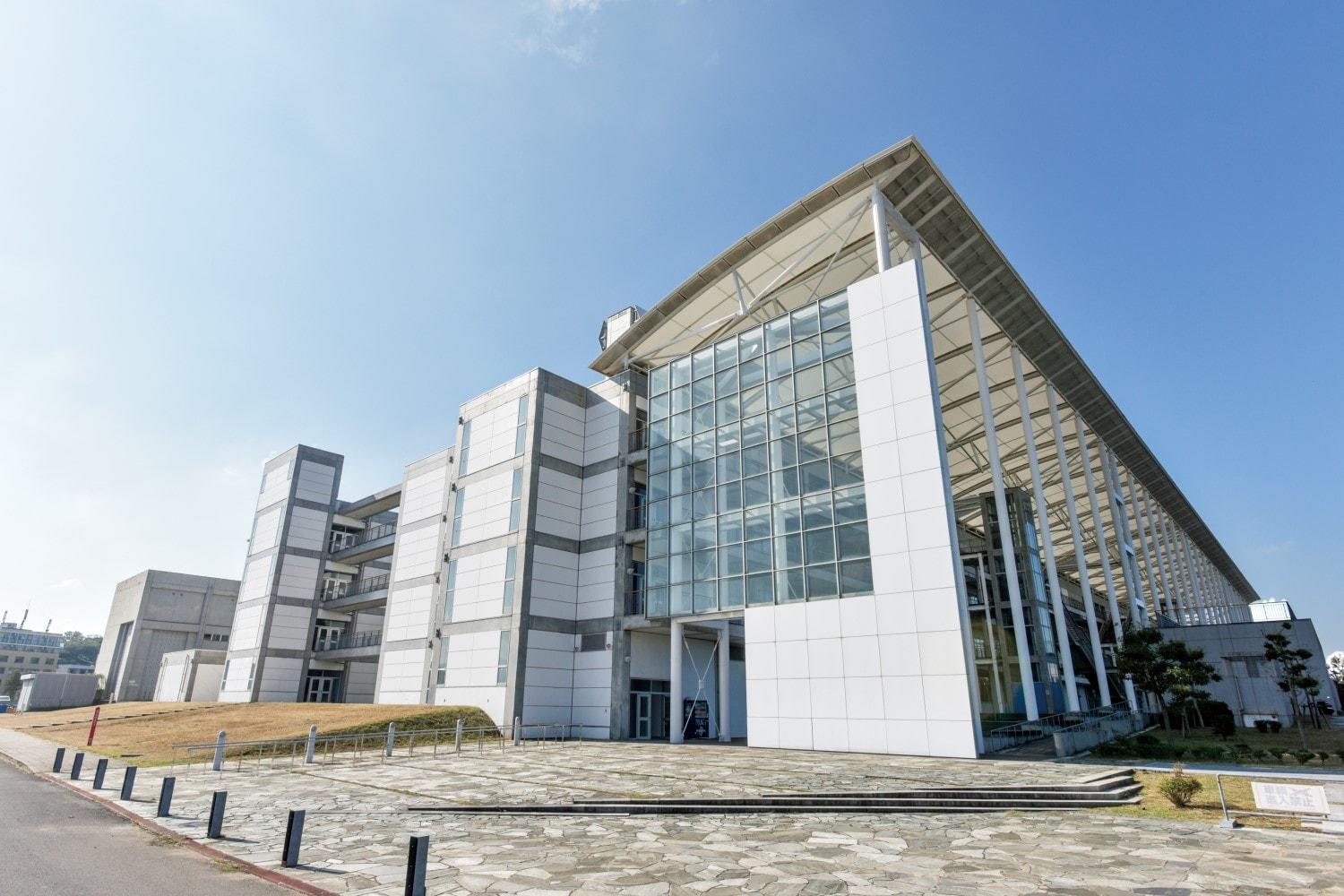Graduate Programs in Environmental Systems

Modern society is encountering emerging problems including global warming, resource depletion, and environmental pollution. We therefore mitigate the environmental pollutant loads to retrofit our industrial systems through implementing relevant technologies to reduce material and energy consumption.
Graduate Programs in Environmental Systems are thus designed to incubate insights to identify the causes and factors of the problems on resources, energy, and the environment. Trade-off and/or win-win solutions may be approached from structural and mechanistic analysis since the problems are basically the consequences of interrelating human activities. For the purpose, three courses including practical trainings at each lab are offered to those who wish to become skilful practitioners/researchers in the fields of chemistry, biology, and/or environmental science & technologies.
Master’s Program(Number of places: 50)
- Master of Engineering
- Master of Philosophy
- Master of Environmental Management
Doctoral Program(Number of places: 8)
- Doctor of Engineering
- Doctor of Philosophy
Courses
Resources and Chemical Systems Course
Chemistry, chemical engineering, and environmental engineering are key technologies to solve global environmental, resource, and energy issues. Our course provides opportunities for the students to possess advanced environmental technologies through our educational process, such as:
・to create new energy and new chemical process for resource recycling
・to create new green materials and advanced performance materials
・to develop environmental process to directly solve the environmental problems
Biosystems Course
In this course students will engage in comprehensive study and research of environmental engineering related to biology. It will cover everything from microbiotechnology, including genetic engineering, cell and microorganism handling, and functional medical materials, to macro-biosystems engineering, including low environmental impact fire-retardant, biogeochemical cycles, and biotopes. Using chemistry as the foundation, and incorporating biology, ecology, microbiology, bioengineering, and biotechnology, the course aims to foster engineers with specialized skills in new fields of the life sciences that integrate chemistry and biology.
Environmental and Ecological Systems Course
There is a crucial need to reexamine modern civilization and achieve sustainable development that is harmonious with the environment. This course aims to foster individuals with a wide range of interests in fields related to environmental problems such as resources, energy, ecosystems, economics, and business, and the creativity and practical skills to contribute to building a sustainable society. In order to achieve this aim, students will engage in comprehensive study and research to gain specialized knowledge in the natural sciences—the foundation of environmental research and planning and ecosystem management—and specialized skills relevant to social science and environmental field studies, environmental simulations, and environmental management.


